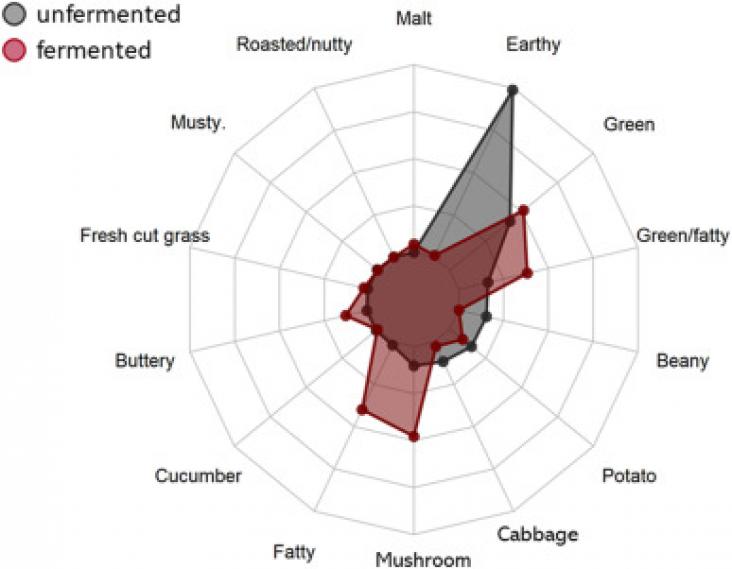Sustainable food packaging against plastic pollution & waste.
The paper presents policy responses to the pandemic that illustrate how the crisis has opened opportunities for initiating changes that can lead to a more just food system.

International Women's day is celebrated every year on 8 March and this year's theme is “Gender equality today for a sustainable tomorrow”, recognizing the contribution of women and girls around the world, who are leading the charge on climate change adaptation, mitigation, and response, to build a more sustainable future for all. Elsevier has collated a freely available special issue of book chapters and journal articles to celebrate and highlight International Women's Day.
This papers demonstrates how simple substitutions can be made in individuals’ diets to substantially reduce their carbon and water scarcity footprints without sacrificing dietary quality. Such substitutions may be easier to promote than complex dietary patterns.
This paper presents a literature review, describing the main research fields in agricultural land systems and their linkage with SDG 2, 3, and 15, namely the discrepancy in the percentage of publications by research field emphasizes the need for future studies to fulfil this gap because each domain has a vital role in providing knowledge to food security and the SDGs

COVID-19 is having a far-reaching negative impact on global economic and social development. One of the challenges arising from the pandemic is ensuring food security, especially with respect to cold chain food.
The nexus of agri-food and sustainability in economic development has recently attracted the interest of policymakers, as global challenges like climate change and food security are revisited and reassessed. The critical role of food production in economic development has been emphasized through targeted agricultural quality policies. Many developed countries worldwide, including EU member states, have introduced food quality policies that could support sustainability.
These results suggested that ratoon rice is a suitable cropping system to achieve the food security, economic and environmental goals.
Food preservatives are important to reduce food spoilage caused by microorganisms preventing loss of its quality and nutritive value. In this research, a new way to isolate the organic nanodots from edible freshwater blue green microalgae has been developed as a natural food preservative.

